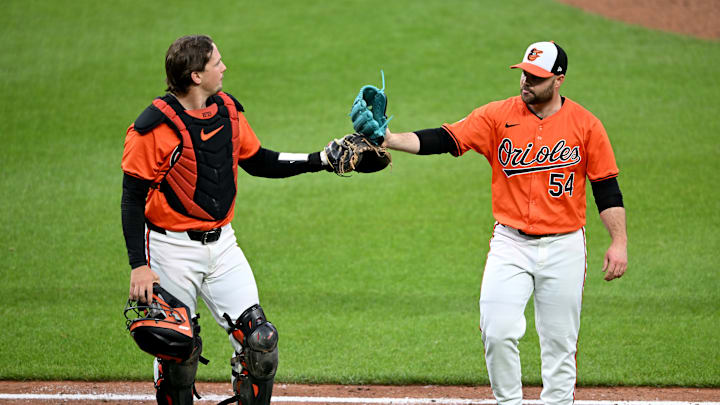Over the last several years, the game of baseball, America’s pastime, has gone through a bit of a facelift. The most recent changes, such as bigger bases, pick-off attempt limits and pitch timers, were created to increase the action and pace of play. These new rules received some pushback, but have become much more accepted by fans following their implementation.
Part of the reason these new rules have been successful is because they’re easily understandable to players, coaches and fans, and they have consistent enforcement. But not all of the rule changes have gone as smoothly. In 2021, MLB added rules to help stop pitchers from “doctoring” the baseballs that haven't gone quite as seamlessly.
Let me start by pointing out even though there are relatively new rules on the matter, pitchers have been doctoring baseballs almost since the game's inception. In 1920, 101 years prior to the newest rules, MLB began outlawing the use of the balls manipulated by pitchers. Since then, pitchers have continued to try to hide foreign substances and tools they can use to better grip a baseball and gain an advantage.
In the newest rules, pitchers are checked by an umpire prior to leaving the field after pitching. Pitchers are still allowed to use rosin on their hands and arms, but no other foreign substances. According to a recent interview, Orioles reliever Danny Coulombe did with Foul Territory, he believes as many as 80% of pitchers were using foreign substances prior to MLB’s crackdown, himself included.
Pitch tracking data showed that numerous pitchers had reduced spin rates immediately following the sticky stuff crackdown, which would seem to verify Coulombe’s statement to an extent. With diminished spin rates, pitchers were not as effective. Part of the reason MLB added these rules is to help hitters. More offense usually draws more viewers, and more viewers mean more money.
Another part of the reason is because the use of foreign substances has become so widespread. Some of today’s best pitchers, like Gerrit Cole, Max Scherzer and Justin Verlander, have come under fire since the sticky stuff crackdown. This was not done to hurt pitchers, but to be fair to hitters. Hitters also have rules they must follow, like bat size restrictions and limits to the amount of pine tar they can put on their bats. We’ve all seen the clip of George Brett barreling out of the visitors dugout in Yankee Stadium after being called out for a pine tar violation following his home run.
The problem with the new sticky stuff rules is the lack of a consistent way to enforce them. While the punishment for a violation is consistent, there’s no specific way to say or determine what is “too sticky”. Many pitchers who have been thrown out of games and suspended for sticky stuff violations claim they only used rosin. Since every pitcher is different and outside temperatures can vary significantly, there’s no way to provide a specific measurement of how much rosin can be used. Additionally, each umpire is different, and a level of stickiness that one umpire may deem to be within the rules, another might call "too sticky". Coulombe, and the rest of his MLB brethren, are noticing.
MLB needs to listen to Orioles' Danny Coulombe on Sticky Stuff violations
The lack of consistent enforcement is something Coulombe says “is causing a paranoia” among pitchers -- especially younger hurlers, given there is no measurable amount of rosin to judge. Coulombe went on to say, “There’s a few (umpiring) crews that are more stringent than others,” which just adds to the level of uncertainty for pitchers, even as they do their best to stay within the rules.
The clip of Coulombe’s interview Foul Territory uploaded to X concludes with Coulombe stating, “I wish the had like some sort of criteria they could do, but, you know I just don’t know how they could enforce that.” I share the same frustration as Coulombe here. I am very much in favor of the rules that are in place, as they aim to keep the game fair, but the rule enforcement involves too much of the umpire's opinion. Like Coulombe, I am at a loss when it comes to finding a solution for this problem. I’m sure MLB is working to improve this, and hopefully they come up with something soon.
